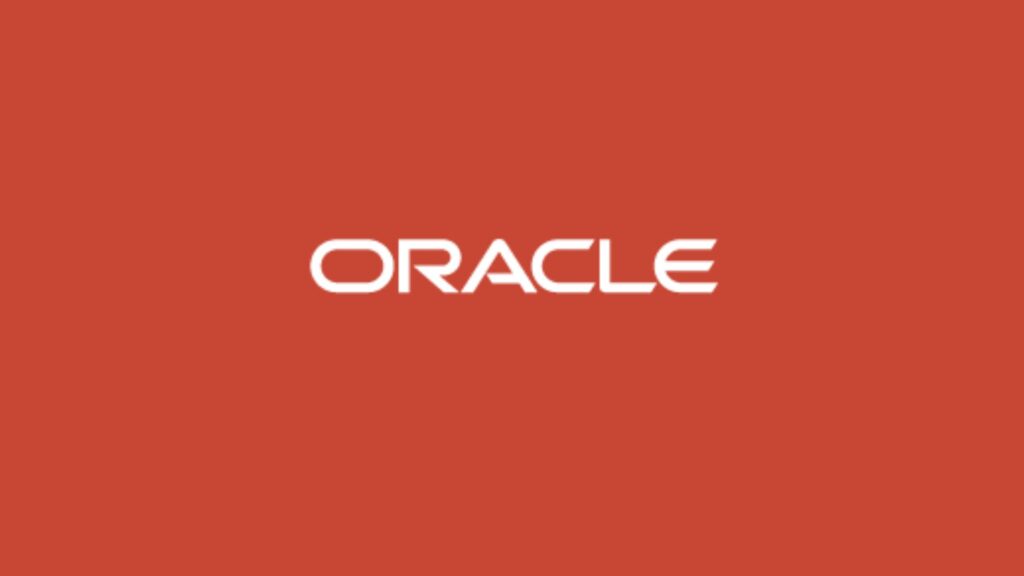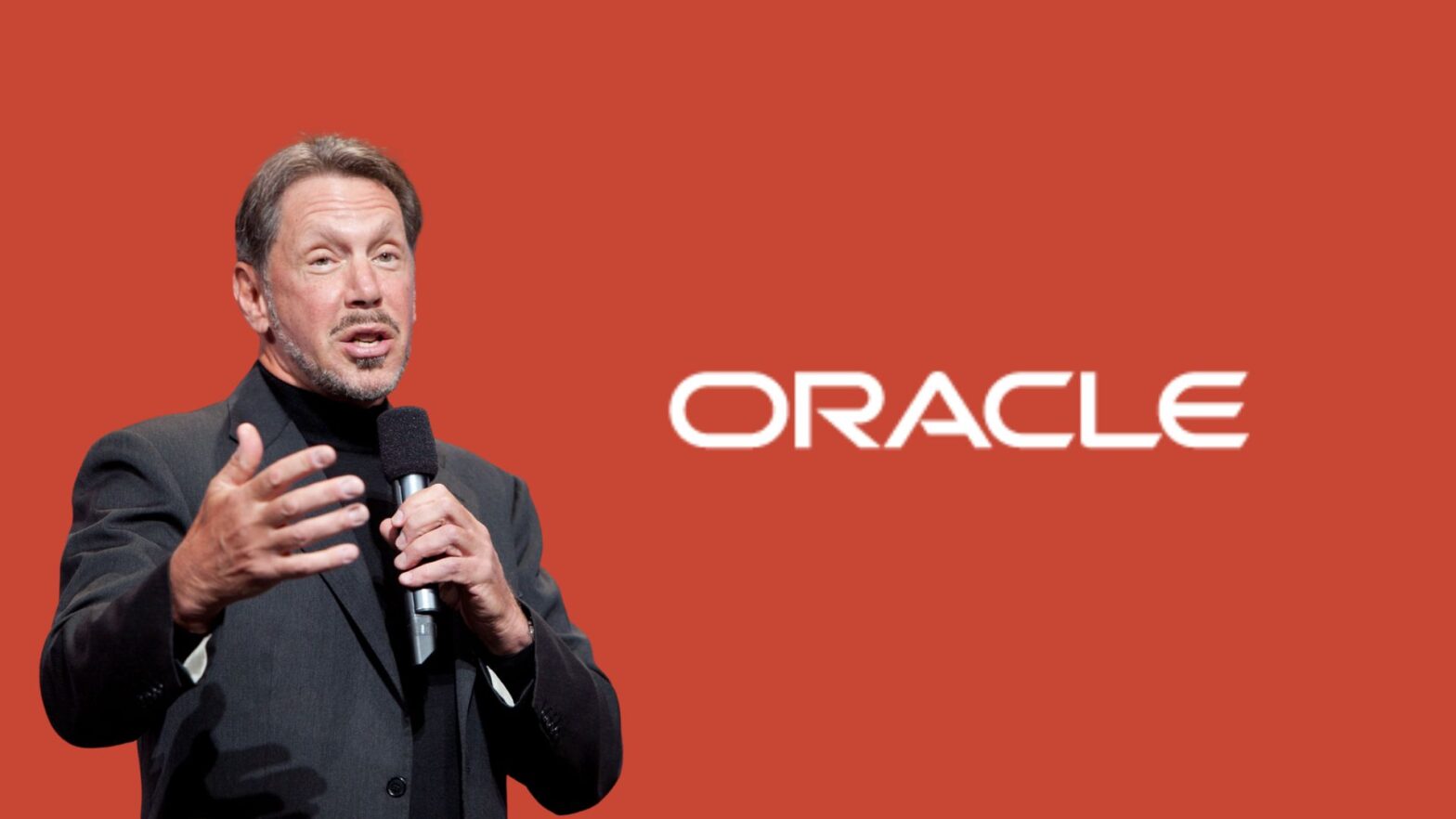Oracle has firmly rejected demands to relinquish its trademark on the term ‘JavaScript,’ setting the stage for a prolonged legal battle with Deno Land Inc., which has filed a petition with the United States Patent and Trademark Office (USPTO) seeking to cancel the trademark.
The dispute centers around Oracle’s ownership of the JavaScript trademark, which it acquired in 2009 through its purchase of Sun Microsystems. Despite holding the trademark, Oracle does not control the actual specification or usage of the JavaScript programming language, which remains widely utilized by developers, companies, and academic institutions globally without Oracle’s involvement.
Deno Land’s founder Ryan Dahl notes that while Oracle owns the trademark, careful engineers are avoiding the name JavaScript, leading to potentially confusing alternative terms. This situation is exemplified by ECMA, the organization responsible for standardizing JavaScript, which uses the term ‘ECMAScript’ to avoid trademark complications.
The petition to cancel the trademark has garnered significant support from the developer community, with over 14,000 individuals endorsing an open letter urging Oracle to release the trademark. Notable supporters include Brendan Eich, JavaScript’s creator, and current JavaScript specification editors Michael Ficarra and Shu-yu Guo.

Deno Land’s petition presents several critical arguments:
• The term ‘JavaScript’ has become generic and is widely recognized by the public
• Oracle allegedly committed fraud during the 2019 trademark renewal process by using Node.js website screenshots without affiliation
• Oracle has effectively abandoned the trademark through lack of use in significant commercial products
The legal process will proceed according to the following timeline:
- February 3, 2025: Oracle’s formal answer deadline
- March 5, 2025: Discovery conference
- September 1, 2025: Discovery closing
- October 16 – December 15, 2025: Pretrial disclosure period
- July 8, 2026: Optional oral hearing request deadline
Historically, while Oracle has never sued anyone for violating the JavaScript trademark, its mere existence has influenced decision-making within the developer community. For instance, JSConf organizers have deliberately avoided using “The JavaScript Conference” as their event name to prevent potential legal issues.
The case highlights the broader tension between trademark law and the evolution of technical terms into generic language. As the legal process unfolds, the outcome could have significant implications for how programming language names are protected and used within the software development industry.
Despite Oracle’s current stance, Deno Land remains committed to pursuing the trademark’s cancellation through the USPTO, potentially setting the stage for a precedent-setting case in software industry intellectual property rights.















